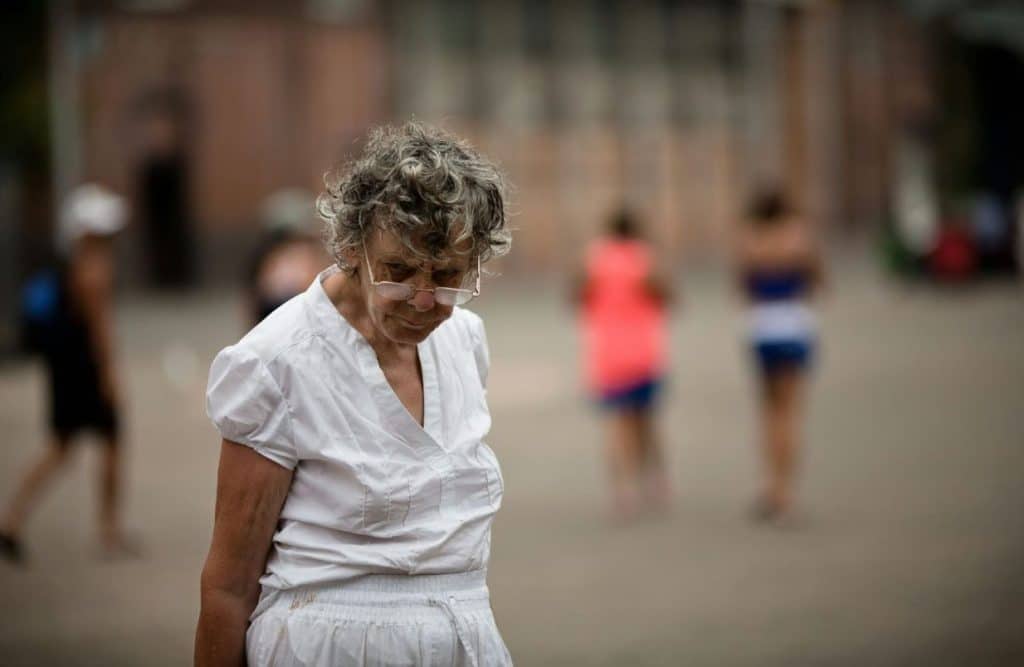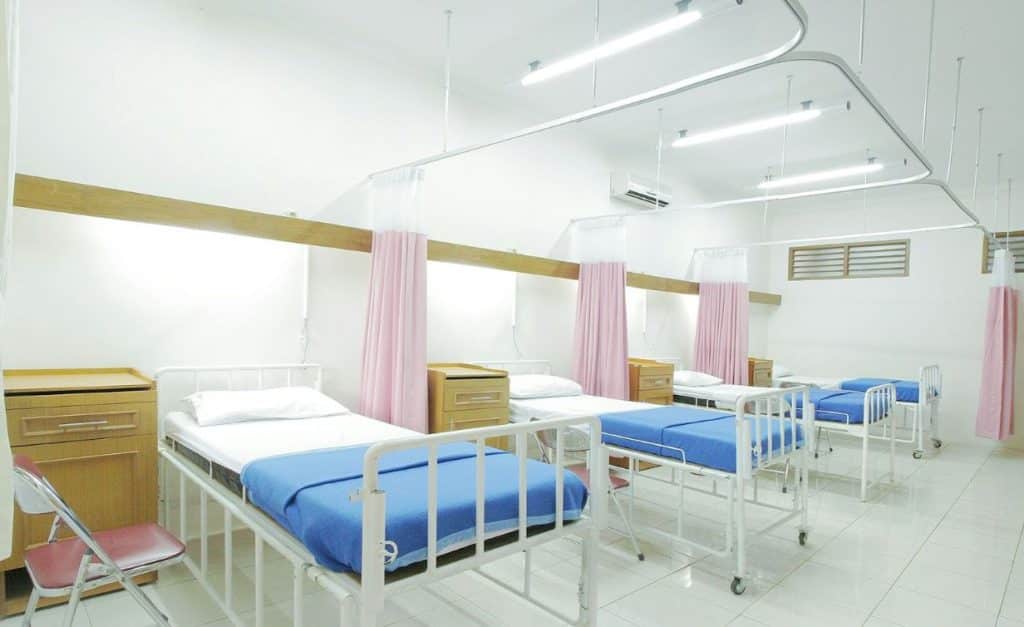Your father just suffered a stroke and needs round-the-clock care at home. Your teenage son is struggling in school and showing signs of depression. Your elderly mother, living alone, can’t prepare meals anymore but refuses to move into a nursing home.
These situations hit families without warning, leaving them overwhelmed and unsure where to turn. Singapore offers extensive community support services addressing nearly every challenge families face. However, most people don’t know these resources exist until a crisis strikes.
This comprehensive guide maps Singapore’s community support landscape so you know exactly where to find help when you need it. Let’s explore the services available across every life stage and situation.
Understanding Singapore’s Community Care Ecosystem
Singapore’s community care system combines government agencies, voluntary welfare organizations, and charitable institutions. The Ministry of Social and Family Development coordinates overall policy while VWOs deliver frontline services. This partnership model ensures comprehensive coverage across the island.
The Agency for Integrated Care connects people with appropriate services based on needs assessments. They coordinate between hospitals, community care providers, and families. This single-entry point simplifies navigation through complex service networks.
Means-tested subsidies make most services affordable regardless of financial circumstances. Singapore citizens and permanent residents qualify for various assistance levels. The goal is to ensure everyone accesses needed support without financial barriers.
Elderly Care and Home-Based Services

Home nursing services provide medical care for seniors unable to visit clinics regularly. Registered nurses conduct health monitoring, wound care, medication management, and chronic disease support. These services enable aging in place rather than premature institutionalization.
Home therapy programs deliver physiotherapy and occupational therapy, improving mobility and daily living capabilities. Therapists work with seniors recovering from strokes, falls, or surgeries. Regular sessions help seniors regain independence and confidence.
Meal delivery services ensure homebound seniors receive nutritious food daily. Some programs cater to specific dietary requirements for diabetes, kidney disease, or other conditions. Volunteers often deliver meals, providing social contact alongside nutrition.
Transportation and Companionship Services
Medical escort and transport services help seniors attend appointments safely. Trained volunteers or staff accompany seniors to hospitals, clinics, and therapy sessions. This support proves crucial for those without family assistance or mobility challenges.
Befriending programs match volunteers with isolated seniors for regular visits. Loneliness and social isolation significantly impact elderly health and well-being. Simple companionship through conversation, activities, or outings improves quality of life dramatically.
Some programs combine transport with companionship, ensuring seniors aren’t just dropped at appointments but supported throughout. Volunteers wait during consultations and help communicate with medical staff. This comprehensive support addresses both practical and emotional needs.
Active Aging and Community Engagement
Active Aging Centres provide spaces where seniors gather for activities, classes, and social interaction. Programs include exercise classes, art workshops, language learning, and technology training. These centres combat isolation while keeping seniors mentally and physically active.
Wellness programs screen for early signs of dementia, depression, and other age-related conditions. Early detection enables timely intervention, preventing rapid decline. Regular health monitoring catches problems before they become emergencies.
Digital literacy programs help seniors navigate smartphones, video calls, and online services. Singapore’s digital transformation risks leaving the elderly behind without proper support. These programs ensure seniors stay connected with family and access digital services independently.
Caregiver Support Services

Family caregivers carry enormous burdens caring for elderly parents or disabled relatives. Respite care services provide temporary relief, allowing caregivers essential breaks. Short-term facility stays or in-home support prevent caregiver burnout.
Caregiver training programs teach proper lifting techniques, wound care, and medication management. Proper training prevents injuries to both caregivers and care recipients. Knowledge builds confidence in handling daily care challenges.
Support groups connect caregivers who share similar experiences. Peer support reduces isolation while providing practical advice.
Organizations like Touch Community Services offer comprehensive programs supporting both caregivers and their loved ones through various life stages, from elderly care to youth development and family counseling services spanning Singapore’s diverse communities.
Services for Persons with Disabilities
Day activity centres provide structured programs for adults with intellectual disabilities. These centres focus on life skills training, social development, and meaningful activity. Participants develop independence while caregivers maintain employment.
Vocational training programs prepare persons with disabilities for employment. Supported employment schemes place trained individuals in jobs with ongoing workplace support. These initiatives promote independence and community integration.
Residential training facilities offer intensive independence skill development. Adults with mild intellectual disabilities live communally while learning cooking, budgeting, and household management. Graduated support helps transition to independent living.
Family Counseling and Therapy Services
Marriage counseling helps couples navigate relationship challenges before they escalate to divorce. Professional therapists provide neutral spaces for communication and conflict resolution. Early intervention often saves relationships worth preserving.
Family therapy addresses complex dynamics affecting multiple family members. Issues like parent-teen conflicts, sibling rivalry, or intergenerational tensions benefit from professional facilitation. Therapists help families develop healthier communication patterns.
Individual counseling supports people struggling with life transitions, trauma, or mental health challenges. Professional therapists provide evidence-based interventions in confidential settings. Sliding scale fees ensure affordability across income levels.
Mental Health and Wellness Resources

Community mental health services provide accessible support for depression, anxiety, and other conditions. Outpatient clinics offer psychiatric consultations, therapy, and medication management. Reducing stigma and improving access remain ongoing priorities.
Crisis helplines provide immediate support during mental health emergencies. Trained counselors offer listening, assessment, and connection to appropriate services. Samaritans of Singapore (1-767) operates 24/7 for anyone in distress.
Workplace wellness programs address stress, burnout, and work-life balance. Some services offer employee assistance programs providing confidential counseling. Mental wellness is increasingly recognized as essential to overall health.
Youth and Children Services
After-school care programs provide safe environments for children whose parents work. Homework supervision, enrichment activities, and meals support working families. These programs particularly benefit low-income families lacking childcare options.
Youth mentoring programs connect at-risk teenagers with positive adult role models. Mentors provide guidance, encouragement, and expanded perspectives. Regular engagement helps youth develop resilience and make better choices.
Special education support services help children with learning differences reach their potential. Specialized teachers, therapists, and interventions address individual needs. Early intervention significantly improves long-term outcomes.
Cyber Wellness and Digital Safety
Cyber wellness programs teach children and families safe digital practices. Singapore’s high internet connectivity creates both opportunities and risks. Education about online dangers, cyberbullying, and responsible digital citizenship proves essential.
Parents receive guidance on monitoring children’s online activities appropriately. Balancing safety with privacy and trust requires thoughtful approaches. Workshops provide practical tools and strategies for different ages.
Digital addiction support helps families address problematic gaming or social media use. Professional intervention assists families before digital habits severely impact academics, relationships, or health.
Financial Assistance Programs
ComCare provides temporary financial assistance for Singaporeans facing financial difficulties. Short-term and long-term assistance helps with basic necessities, medical expenses, and bills. Social workers assess eligibility and connect families to additional support.
Rental assistance programs help low-income families afford housing. Public rental scheme offers subsidized rental flats while various funds assist with deposits and monthly rent. Stable housing forms the foundation for addressing other challenges.
Child development accounts, school meal programs, and education subsidies ensure children’s basic needs are met. No child should miss opportunities due to family financial circumstances. Multiple safety nets catch families before situations become desperate.
Healthcare Financial Support
MediShield Life provides basic health insurance for all Singaporeans, covering large hospital bills. ElderShield and CareShield Life offer cash payouts for severe disability requiring long-term care. These schemes prevent medical expenses from bankrupting families.
Community Health Assist Scheme subsidizes outpatient treatment, dental care, and medications. Subsidy levels depend on household income and dwelling type. Chronic disease management becomes affordable, enabling proper ongoing treatment.
Medical social workers help families navigate financial assistance options. Hospital-based social workers understand available subsidies and application processes. Their expertise ensures families access all entitled benefits.
Accessing Community Services
Start by contacting the Agency for Integrated Care’s Silver Generation Office. They conduct needs assessments and recommend appropriate services. This coordination prevents families from making dozens of individual inquiries.
Family Service Centres located island-wide serve as community hubs connecting residents to services. Social workers provide consultations, assistance applications, and ongoing case management. Most services are free or heavily subsidized for citizens.
Online directories like SupportGoWhere help families identify relevant services based on specific needs. Filtering by location, service type, and eligibility simplifies searching. Updated information ensures accuracy.
Volunteer and Donation Opportunities
Singapore’s community services depend heavily on volunteers supplementing professional staff. Opportunities range from befriending seniors to tutoring children or providing administrative support. Most organizations accommodate various time commitments and skills.
Monetary donations enable organizations to expand services and reach more beneficiaries. Institution of Public Character status provides tax deductions encouraging giving. Small monthly contributions accumulate into significant support.
In-kind donations of equipment, supplies, or professional services also prove valuable. Medical equipment, mobility aids, and computers find grateful users. Professional expertise in accounting, legal work, or technology helps organizations operate efficiently.
The Bottom Line
Life challenges strike unexpectedly, but Singapore’s comprehensive community support system ensures no one faces difficulties alone. From elderly care to youth support, mental health to financial assistance, services exist addressing virtually every need. The key is knowing these resources exist and how to access them.
Don’t wait for a crisis before identifying relevant services. Familiarize yourself with available community support now, while able to research calmly. Bookmark key contacts, understand eligibility criteria, and know where to turn if situations change.
Singapore’s caring community thrives through collective effort, supporting vulnerable members. Whether you need help today or can offer support to others, community services strengthen the social fabric, benefiting everyone. Reach out when you need assistance. These services exist precisely for moments when families need extra support navigating life’s challenges.
